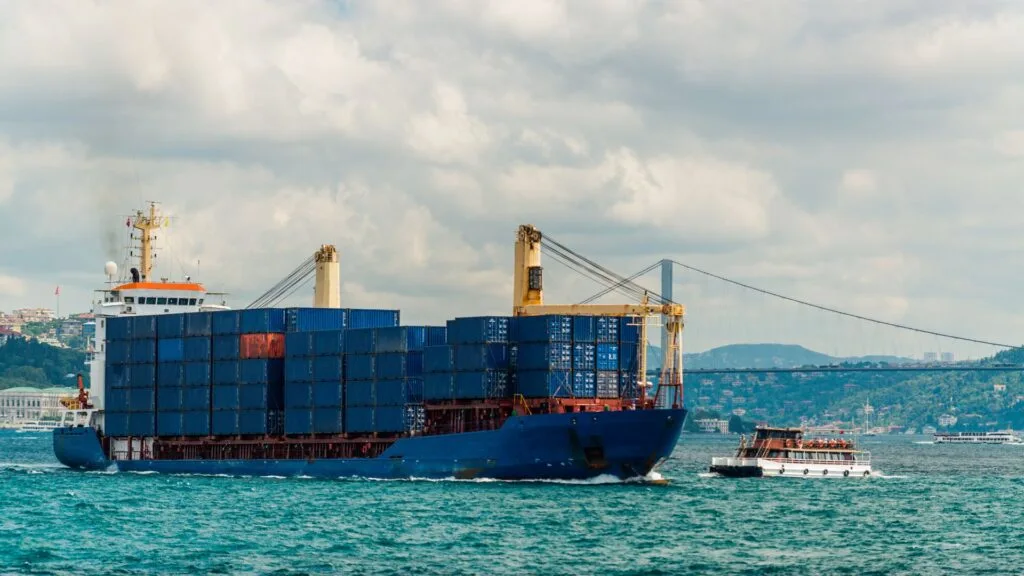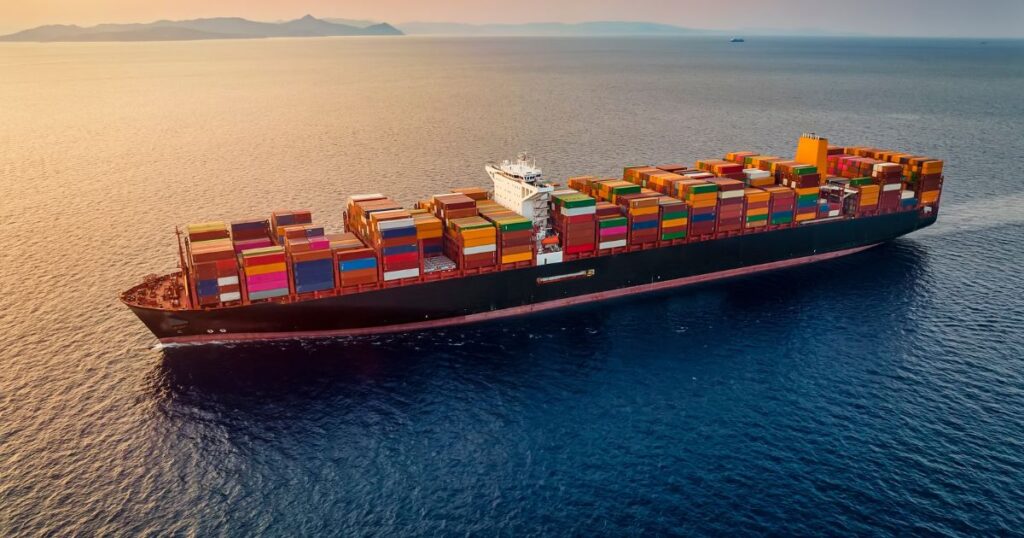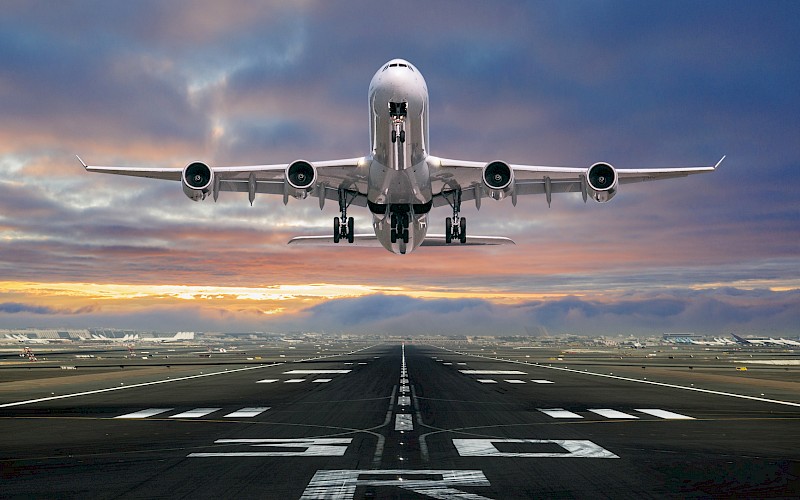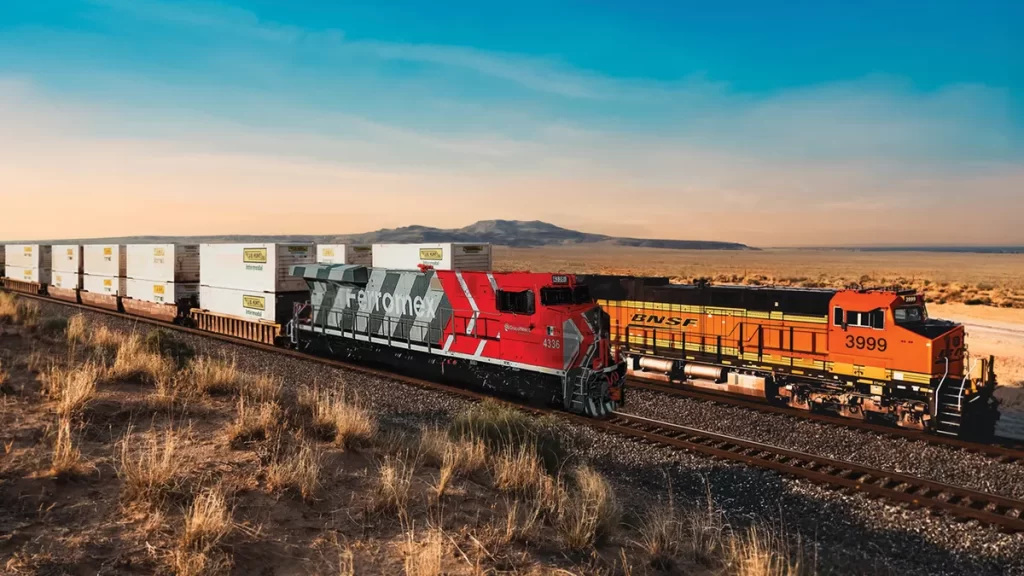- By TOP CHINA FREIGHT
- October 11, 2025
- Shipping
Table of Contents
Understanding the time to ship machinery from China to UK is essential for manufacturers, importers, and project managers. Machinery is often oversized, heavy, and sensitive, requiring precise planning, coordination, and compliance. This guide explores transit times, shipping methods, documentation, costs, and proven logistics strategies to ensure your equipment arrives on schedule and in perfect condition.

What Affects the Time to Ship Machinery from China to the UK?
Sea, air, rail, or multimodal.
Shenzhen, Shanghai, Ningbo, or Tianjin in China; Felixstowe, Southampton, or Liverpool in the UK.
Delays in documentation or inspection can add days.
Oversized machinery often requires special containers or breakbulk loading.
The table
| Factor | Impact on Transit Time | Typical Delay |
|---|---|---|
| Mode of transport | Determines base speed | Varies by route |
| Customs inspection | Adds clearance time | 1–3 days |
| Weather & congestion | May delay vessels | 2–5 days |
| Handling complexity | Special equipment needed | 1–4 days |
How Long Does Sea Freight Take for Machinery?

Sea freight is the most common option for machinery due to its cost-efficiency and capacity for heavy equipment. On average, it takes 30–40 days to ship machinery from China to the UK by sea, depending on the port pairing.
| Route | Estimated Transit Time (Days) | Shipping Line |
|---|---|---|
| Shanghai → Felixstowe | 32–36 | COSCO / Maersk |
| Shenzhen → Southampton | 30–35 | Evergreen / MSC |
| Ningbo → Liverpool | 38–42 | CMA CGM / ONE |
Pros:
- Best for heavy and bulky machinery.
- Lowest cost per ton.
- Wide port coverage.
Cons:
- Slowest option.
- Vulnerable to congestion.
- Requires early planning for customs and documentation.
How Fast Is Air Freight for Machinery?

When delivery speed is critical, air freight offers the fastest transit — typically 5–8 days door-to-door. It’s ideal for small, high-value machinery components or urgent replacements.
| Service Type | Transit Time | Cost Range (per kg) |
|---|---|---|
| Express Air (FedEx/DHL) | 3–5 days | $8–$12 |
| Standard Air Cargo | 5–8 days | $5–$8 |
Advantages:
- Fastest delivery method.
- Reliable schedule and fewer customs delays.
- Reduced risk of damage.
Disadvantages:
- Expensive for heavy equipment.
- Limited to smaller machinery or parts.
Can Rail Freight Be Used for Machinery Transport?

Yes. The China–Europe rail network now connects major hubs such as Chongqing, Xi’an, and Yiwu to London and Manchester. Rail freight takes 18–22 days, providing a balance between sea and air in both cost and speed.
| Route | Transit Time | Cost Comparison |
|---|---|---|
| Xi’an → London | 18–20 days | 50% cheaper than air |
| Chongqing → Manchester | 20–22 days | 40% cheaper than air |
Benefits:
- Faster than sea freight.
- Reliable schedules.
- Environmentally friendly.
Limitations:
- Limited capacity for oversized machinery.
- Requires inland trucking connections.
How Does Customs Clearance Impact Shipping Time?

Delays in customs clearance are a leading cause of shipping time variability. To minimize disruptions, importers must prepare documents meticulously.
Key Documents Checklist
| Document | Purpose |
|---|---|
| Commercial Invoice | Declares machinery value |
| Packing List | Details dimensions and weight |
| Bill of Lading / Air Waybill | Proof of shipment |
| CE Certificate | Confirms EU compliance |
| Import License (if applicable) | Required for restricted equipment |
| HS Code Declaration | Determines duty rate |
| Certificate of Origin | Verifies manufacturing source |
Tip:
Always pre-submit customs data to the UK’s CHIEF/CDS system to avoid delays at the port.
How to Choose the Right Shipping Method for Machinery
| Shipping Method | Transit Time | Best For | Cost Efficiency |
|---|---|---|---|
| Sea Freight | 30–40 days | Large, heavy machinery | ★★★★★ |
| Rail Freight | 18–22 days | Mid-size cargo | ★★★★☆ |
| Air Freight | 5–8 days | Urgent parts | ★★☆☆☆ |
| Multimodal | 20–25 days | Balanced logistics | ★★★★☆ |
Expert Advice:
For large-scale machinery, combine sea + truck delivery to optimize cost and transit. For sensitive components, air + courier ensures safety and speed.
What Are the Typical Shipping Costs?
| Shipping Type | Estimated Cost Range |
|---|---|
| Sea Freight (20ft container) | $1,600–$2,200 |
| Sea Freight (40ft container) | $2,400–$3,200 |
| Rail Freight | $3,000–$4,500 |
| Air Freight (per kg) | $5–$12 |
Note: Prices vary with fuel surcharges, route congestion, and seasonal demand.
Case Study: Industrial Machinery Shipment from Shanghai to Manchester

A UK manufacturer ordered precision milling equipment from Shanghai.
- Shipment type: 40ft flat rack container
- Mode: Sea freight
- Transit time: 36 days
- Challenges: Oversized cargo required crane handling and customs inspection
- Solution: Using an experienced freight forwarder reduced clearance delay by 3 days.
Result: Machinery delivered within 39 days total—3 days faster than industry average.
Techniques to Reduce Transit Delays
- Book early to secure space during peak season.
- Use major ports to avoid inland congestion.
- Pre-clear customs using electronic submissions.
- Label crates clearly with HS codes and consignee information.
- Work with specialized machinery freight forwarders for equipment handling expertise.
Conclusion
The time to ship machinery from China to UK depends on the shipping method, cargo type, and customs efficiency. Generally, sea freight takes around 30–40 days, rail freight 18–22 days, and air freight 5–8 days. Planning ahead, preparing complete documents, and partnering with an experienced freight forwarder can save both time and cost. For businesses importing large or valuable equipment, efficient logistics planning is the key to ensuring your machinery arrives on time and ready for operation.
Need a Shipping Quote?
If you want expert guidance and peace of mind, our team is ready to assist.
TJ China Freight offers tailored solutions to help businesses of all sizes ship more reliably from China.

FAQ
Q1: What’s the fastest way to ship machinery from China to the UK?
Air freight is the fastest option, typically taking 5–8 days door-to-door, ideal for small or urgent machinery shipments.
Q2: How long does customs clearance take in the UK?
Usually 1–3 working days, depending on documentation accuracy and inspection requirements.
Q3: Can oversized machinery be shipped by rail?
Yes, but only if it meets weight and dimension limits. Otherwise, sea freight with special equipment is required.
Q4: What’s the cheapest method for machinery shipping?
Sea freight offers the lowest cost, especially for heavy or bulky machinery.
Q5: Is insurance necessary for machinery shipping?
Absolutely. Machinery is high-value cargo, so full coverage for damage, theft, or loss is strongly recommended.
